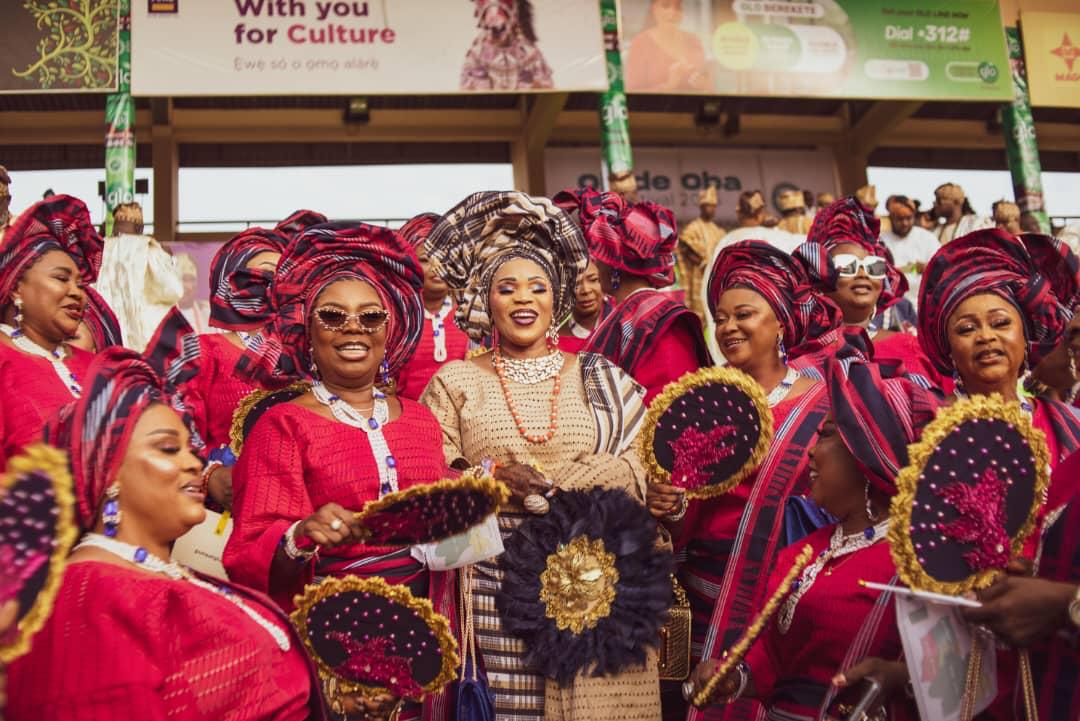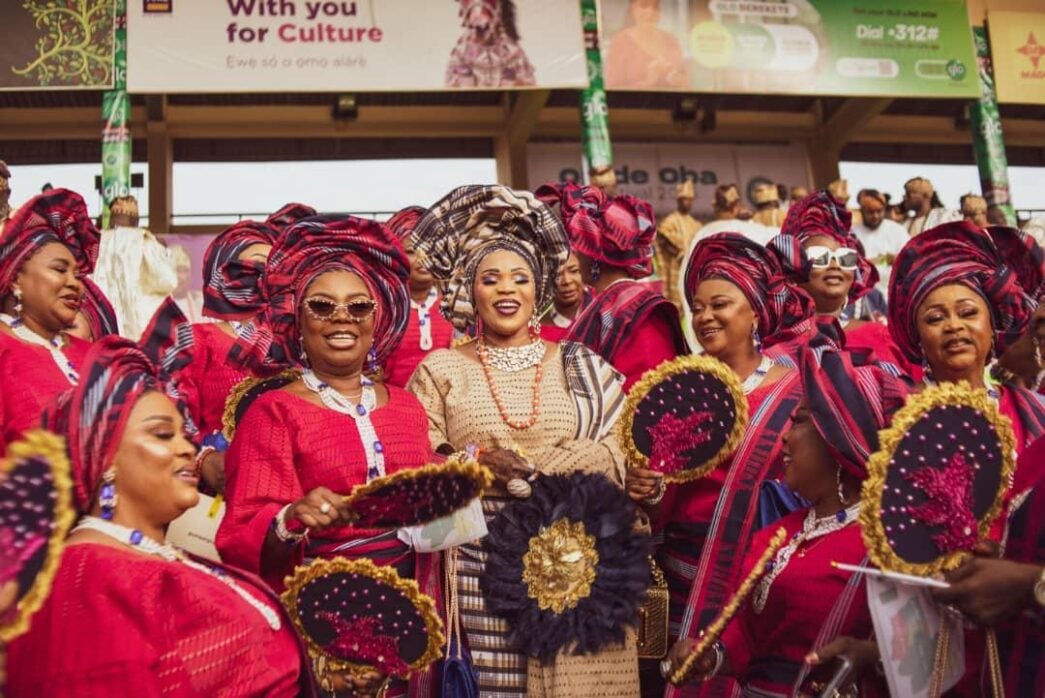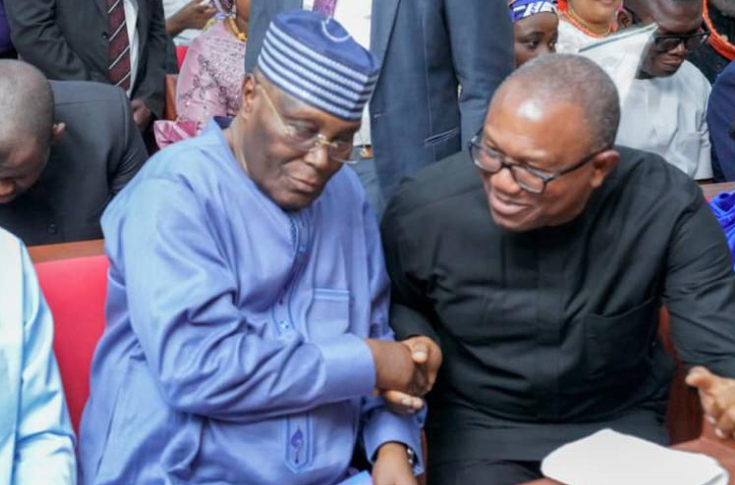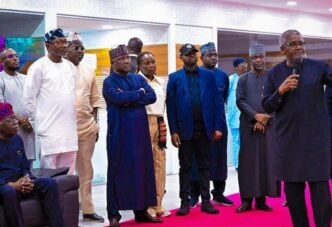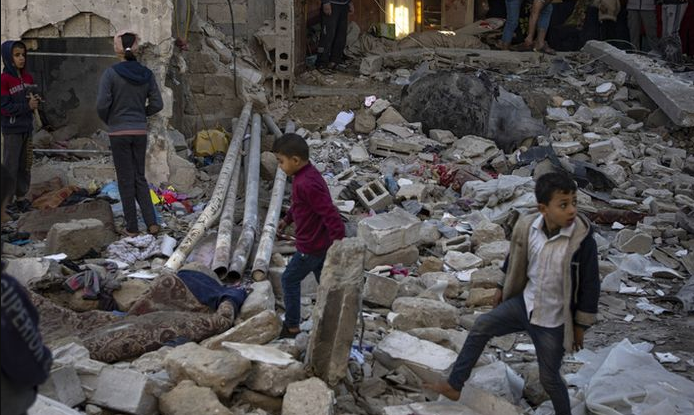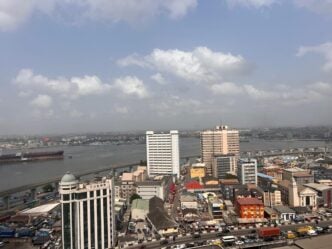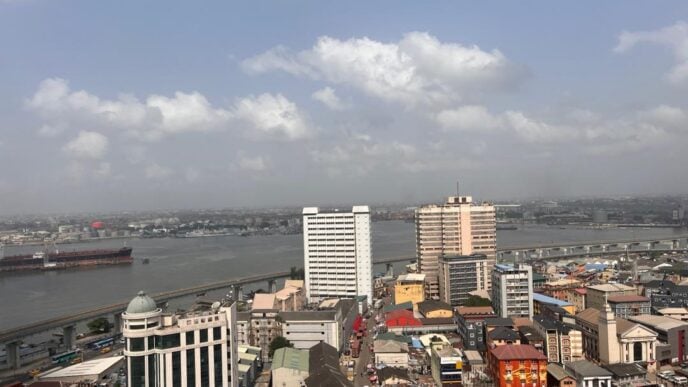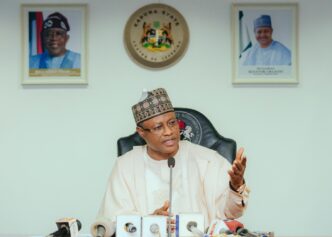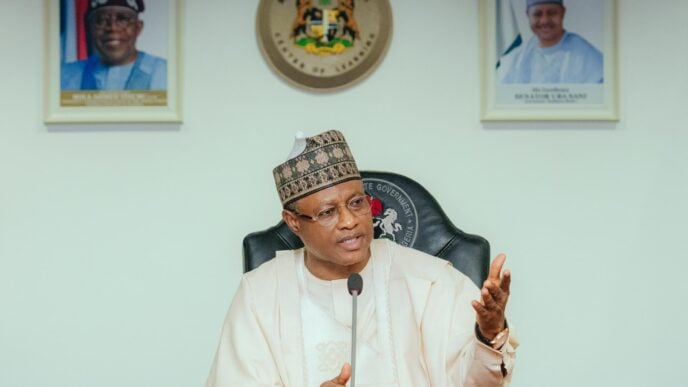BY OYINDAMOLA SAMUEL BOLADELE
Among the many celebrations that define the Nigerian cultural landscape, the Ojúdé Ọba Festival of Ijebuland stands apart not only for its flamboyance, colour, and grandeur, but also for the symbolic role it plays in preserving the values, unity, and collective dignity of the Yorùbá race. While it’s described as a cultural festival rooted in tradition, Ojúdé Ọba has also evolved into a powerful socio-political platform, one that projects the Ijebu people to national consciousness and brings the wider Yorùbá kingdom into continental and global limelight.
This age-long celebration is more than the choreography of horses, the parade of regberegbe, and the aesthetics of elaborate attires. It is the symbolic gathering of a people who understand the power of tradition, the essence of unity, and the importance of leadership reverence. At its core, Ojúdé Ọba reflects the deep political awareness of the Yorùbá people a culture where monarchy is not merely a relic of the past, but a living institution that influences the present and shapes the future.
Every year, thousands of sons and daughters of Ijebu regardless of social class, religious belief, or political affiliation have return home to pay homage to the Awujale, the paramount ruler of Ijebuland. This is not a mere display of loyalty; it is an open affirmation of the enduring relevance of traditional authority in an age where modern political systems often struggle to command moral legitimacy. The presence of political figures, business moguls, cultural ambassadors, and royal houses at the festival further affirms Ojúdé Ọba’s status as more than a cultural affair. It has become a gathering where soft diplomacy is practised, where cultural unity is asserted, and where political signals are often transmitted.
Advertisement
The regberegbe system, one of the key elements of the festival, is a profound political structure in itself. It reflects the organised communal life that has long defined the Yorùbá people. These age-grade groups are not only cultural participants; they are institutions of societal balance, grassroots mobilisation, and leadership development. They demonstrate what organised civic structures should look like in any thriving society united in purpose, accountable in service, and proud of their identity. Through their active participation in the festival, these groups revive a consciousness of communal responsibility that politics in modern Nigeria desperately needs.
Beyond the structured parade and performances, the festival serves as a mirror through which the values of the Yorùbá nation are reflected and preserved. It is a public display of honour, respect, leadership legitimacy, intergenerational harmony, and cultural sophistication. The equestrian displays by aristocratic families are not just for aesthetics; they are performances of legacy. They tell the story of warriors, leaders, and forebears who defended the dignity of their people and built structures that still stand today. In this way, Ojúdé Ọba becomes not only a re-enactment of history but a political reminder of the foundations upon which the Yorùbá kingdom was built honour, bravery, diplomacy, and collective identity.
One of the festival’s most remarkable attributes is its inclusive nature. Though it has Islamic roots, the celebration has over the years welcomed Christians, traditionalists, and even foreign visitors. This inclusiveness is a model of cultural tolerance and mutual respect—values central to the political unity of Yorùbá people across religious and regional lines. In a nation often fractured by religious divisions, the Ojúdé Ọba Festival offers a different script—one that shows how religion can coexist under a common cultural canopy, bound by mutual respect and traditional allegiance.
Advertisement
Politically, the festival also projects the Ijebu people into national relevance. As politicians, governors, and state representatives troop to Ijebu-Ode during the celebration, it becomes clear that no serious political movement in South-West Nigeria can ignore the significance of the Ijebu bloc. The festival becomes a time to read the mood of the people, to seek royal blessings, and to reconnect with cultural roots that shape electoral strength and social legitimacy. For the Yorùbá nation, this is a strategic advantage. Ojúdé Ọba serves as a stage where political conversations are silently conducted, alliances are refreshed, and messages are passed without microphones or podiums.
Even more importantly, Ojúdé Ọba is a symbol of the Yorùbá people’s ability to modernise their culture without losing its soul. The use of media, corporate sponsorships, and modern fashion has not diluted the essence of the festival; instead, it has amplified it, turning a local tradition into an international brand. The celebration now attracts tourists, cultural scholars, and international observers—thereby making Ijebu-Ode a global window into the sophistication and beauty of Yorùbá culture.
This projection onto the global stage is not accidental; it is a deliberate expression of soft power. At a time when many African communities are battling with cultural erosion, the Ijebu people, through Ojúdé Ọba, are exporting cultural pride, promoting regional identity, and reminding the world that Africa’s strength lies not in borrowed systems, but in the values, symbols, and institutions that her ancestors preserved.
For the broader Yorùbá kingdom, Ojúdé Ọba serves as a model. It showcases what is possible when tradition, unity, and political awareness coexist. It sets the tone for other towns and regions to embrace their heritage not as a burden but as a badge of honour. It teaches that leadership need not be divorced from culture, and that progress can be rooted in identity. The way the Ijebu nation has protected, elevated, and promoted this festival shows a path the entire Yorùbá race can emulate—a path where tradition commands respect and contributes meaningfully to political development.
Advertisement
Ojúdé Ọba is not just a festival it is a declaration of who the Ijebu people are and what the Yorùbá nation stands for. It is a celebration of royalty, unity, culture, history, and strength. It is a political statement wrapped in traditional elegance. It is a reminder that the past, when properly honoured, can guide the present and inspire the future. As the drummers beat, the horses gallop, and the people dance before their king, they are not just performing a ceremony; they are preserving a legacy and projecting a vision. That is why Ojúdé Ọba remains the true frontage of the Yorùbá heritage standing not at the back of history, but at the very front of cultural relevance, political importance, and national pride.
Oyindamola Samuel Boladale is a political scientist and the emeritus student union president, Adekunle Ajasin University, Akungba Akoko, Ondo State. He can be contacted via [email protected]
Views expressed by contributors are strictly personal and not of TheCable.
